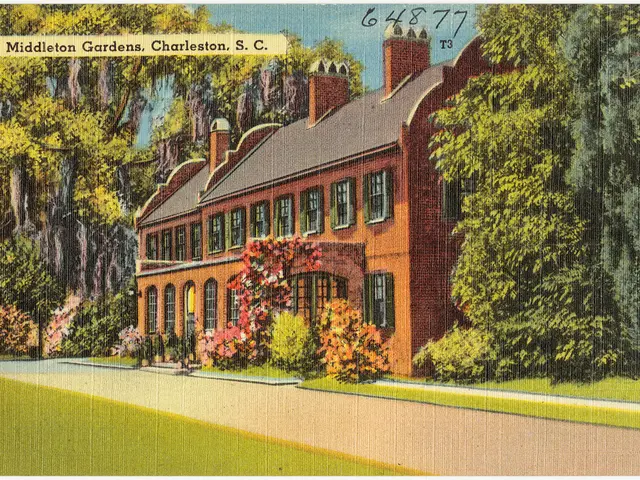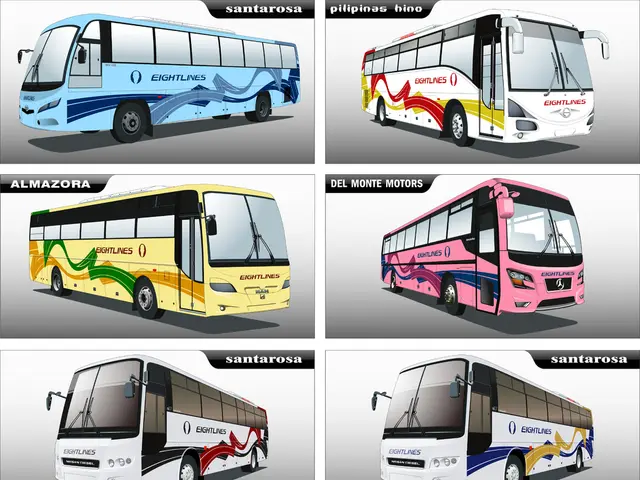Correspondence:Presidential Election Facts Unveiled
Incorrect information regarding presidential elections in the United States and South Africa continue to be published, marring the accuracy of news coverage.
In the case of the U.S., according to a recent editorial (Editorials, May 1-7), "The election of the president and vice-president of the US is directly by the people" is incorrect. In fact, the election is an indirect one where citizens cast votes for electors, who then select the president. This misconception stems from a competitive media environment, political polarization, foreign interference, technological advances, social media amplification, and a lack of regulatory oversight.
Contrastingly, South Africa's constitution mandates that the National Assembly elect the president from among its members, not elected directly by citizens. The structural challenges, including media sensationalism, political polarization, and a lack of regulatory enforcement, contribute to the persistence of misinformation.
The consequences of such misinformation can be dire, affecting public trust in democratic institutions, increasing polarization, and challenging election integrity. Yet, the factors driving election misinformation are multifaceted, encompassing media dynamics, technological capabilities, political incentives, and regulatory shortcomings.
In the U.S., for instance, the First Amendment complicates efforts to curb misinformation in media and advertisements. Globally, misinformation and conspiracy theories spread rapidly, making it challenging for any single country to contain them.
In essence, the persistence of inaccurate information is not a singular issue but a complex interplay of multiple factors, necessitating a holistic approach to address it.
An opinion piece in Editorials (May 1-7) states that the presidential election in the United States is directly by the people, which, according to the text, is a misconception due to the indirect nature of the election. In South Africa, it's the National Assembly that elects the president, while the general public does not vote directly for their president. Both cases highlight the role of misinformation in politics and policy-and-legislation, affecting general news and public trust in democratic institutions.




